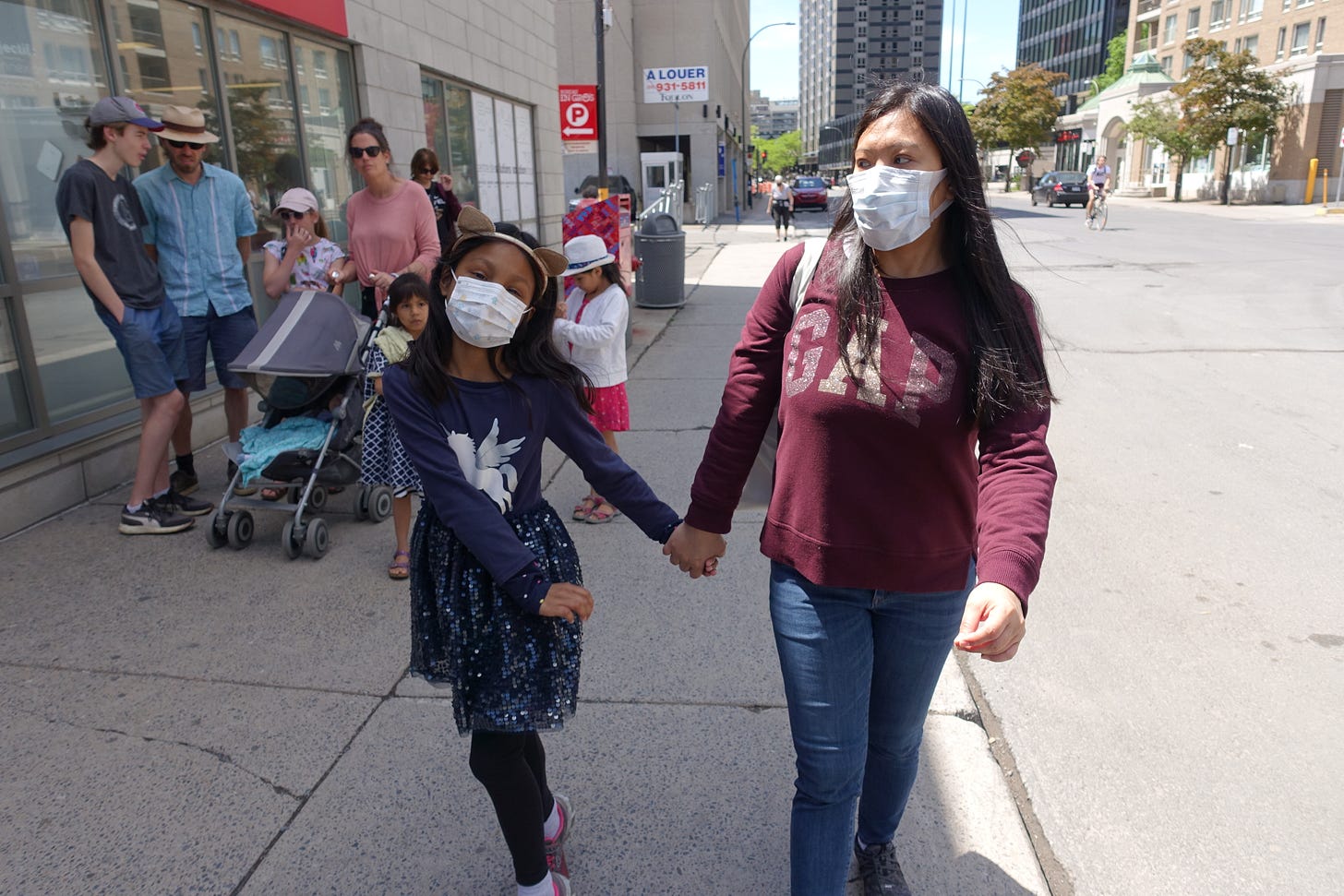Snowden’s HK Benefactors Continue to Pay the Price
Seven years later, they remain in limbo

Seven years after what can only be described as an act of kindness, the people who helped former CIA contractor Edward Snowden escape through Hong Kong continue to be bedeviled by authorities and remain in a kind of limbo, with two of the seven in Canada stranded by the Covid-19 crisis and the others in Hong Kong, hoping eventually to join them.
Snowden…
Keep reading with a 7-day free trial
Subscribe to Asia Sentinel to keep reading this post and get 7 days of free access to the full post archives.

